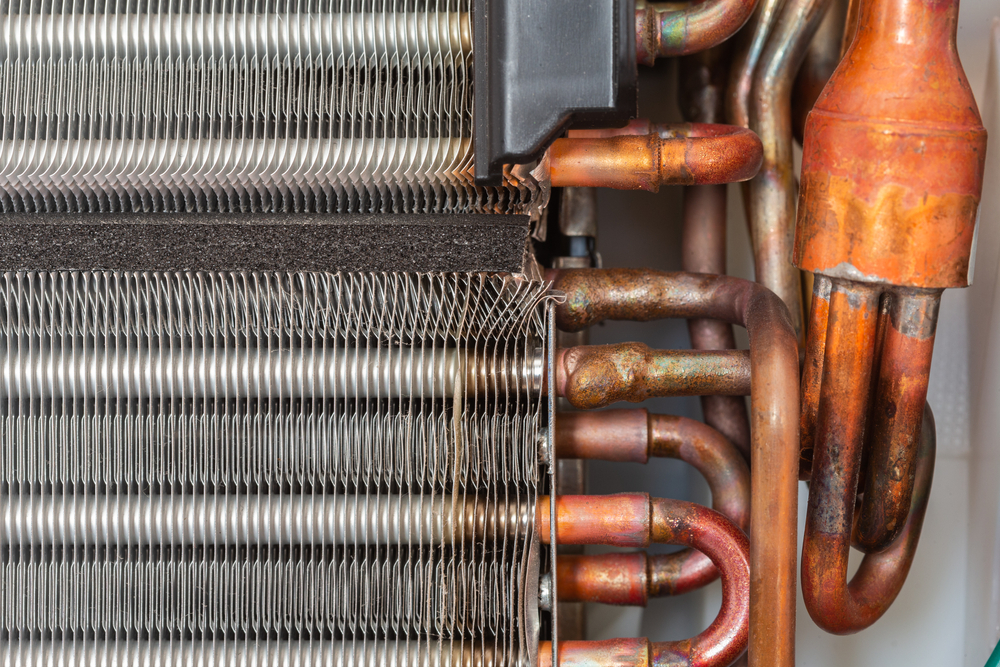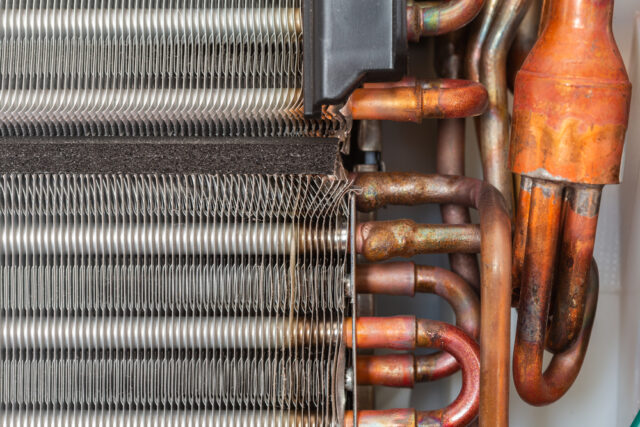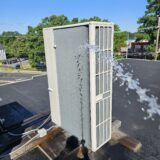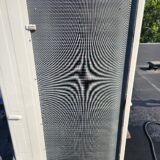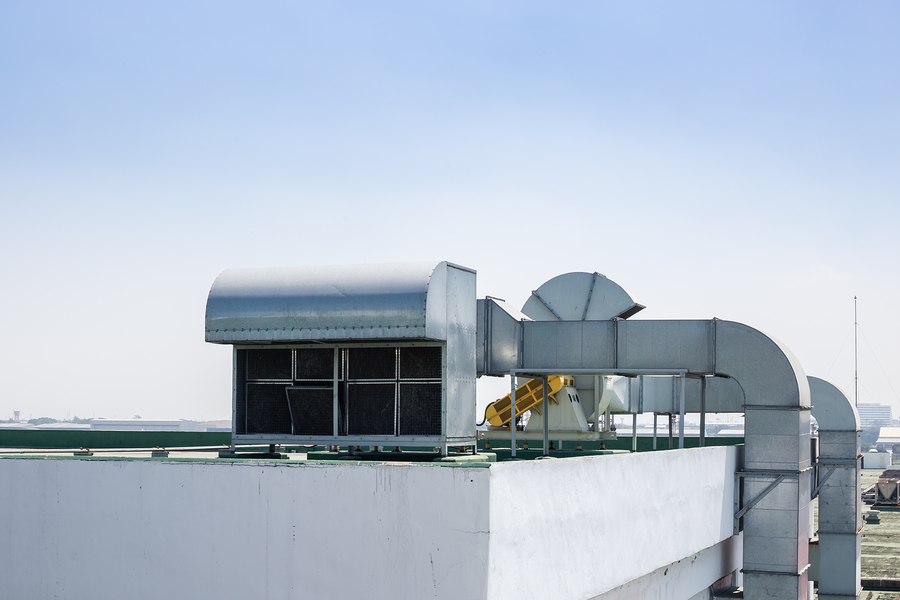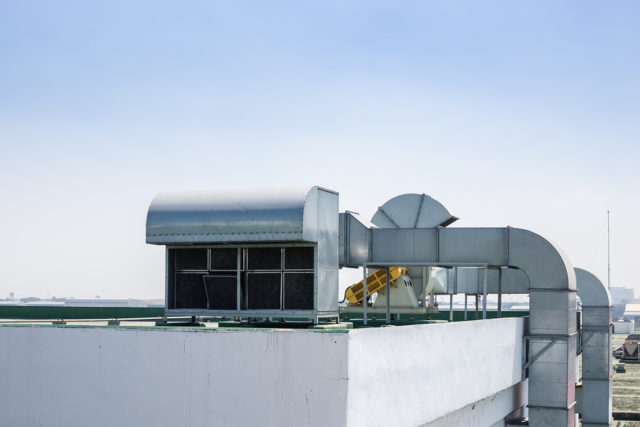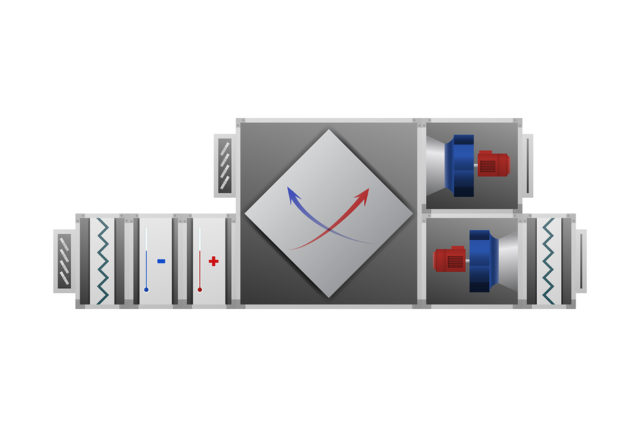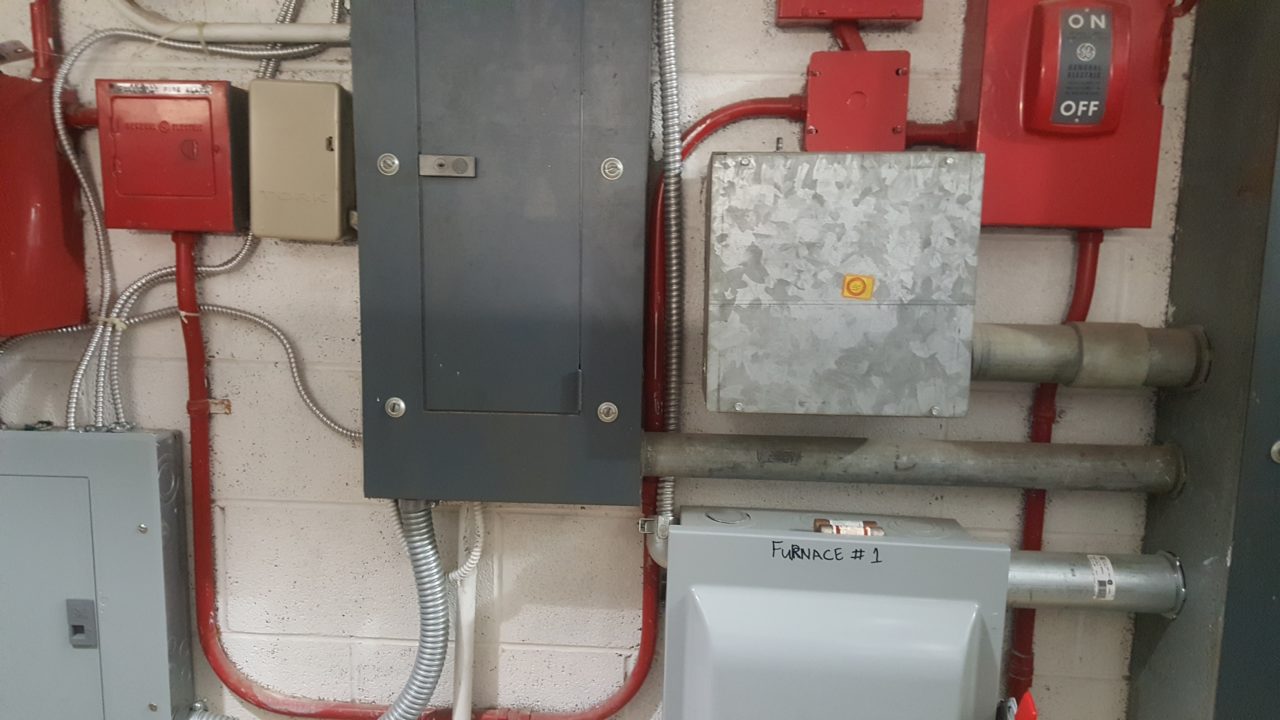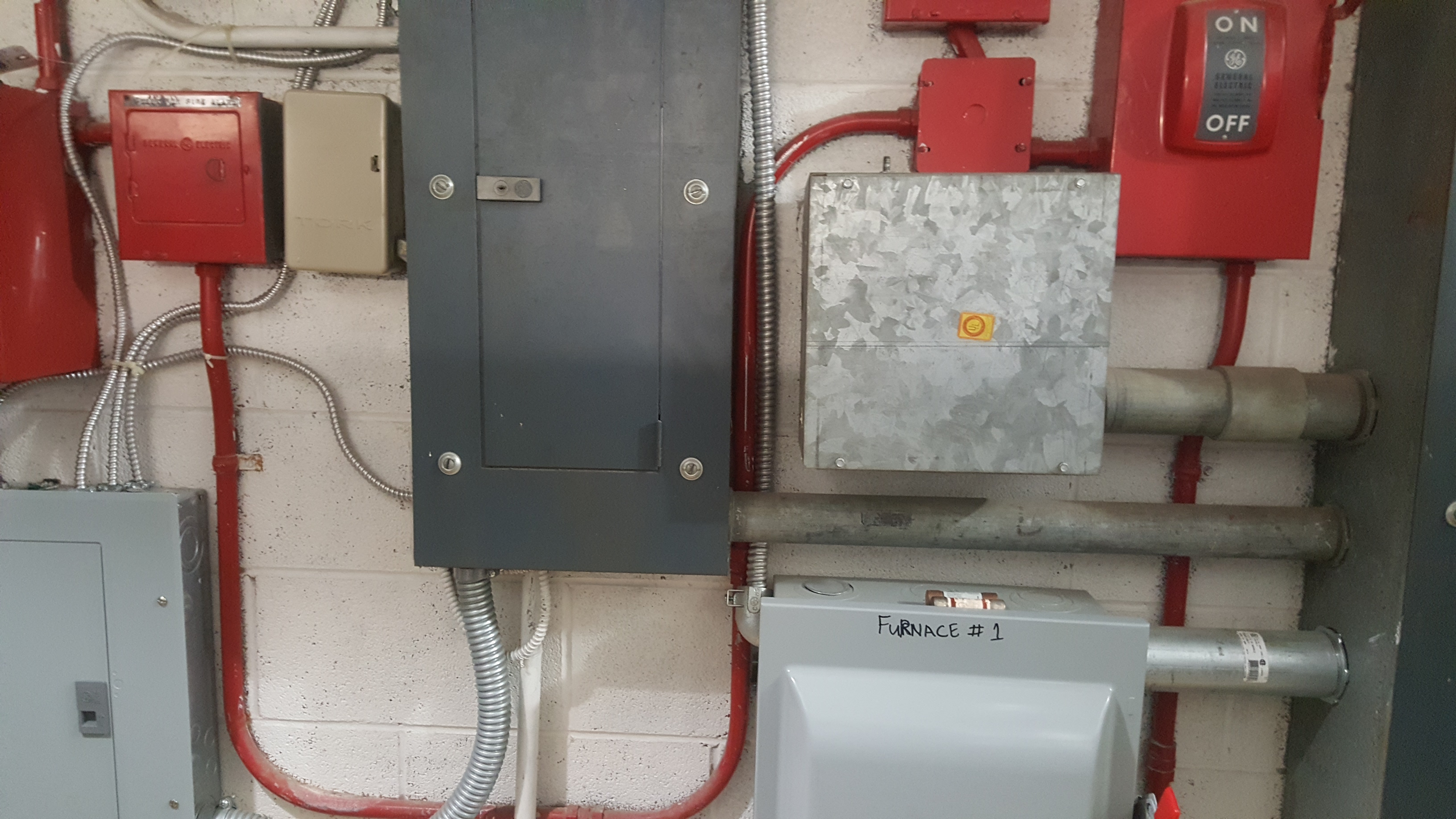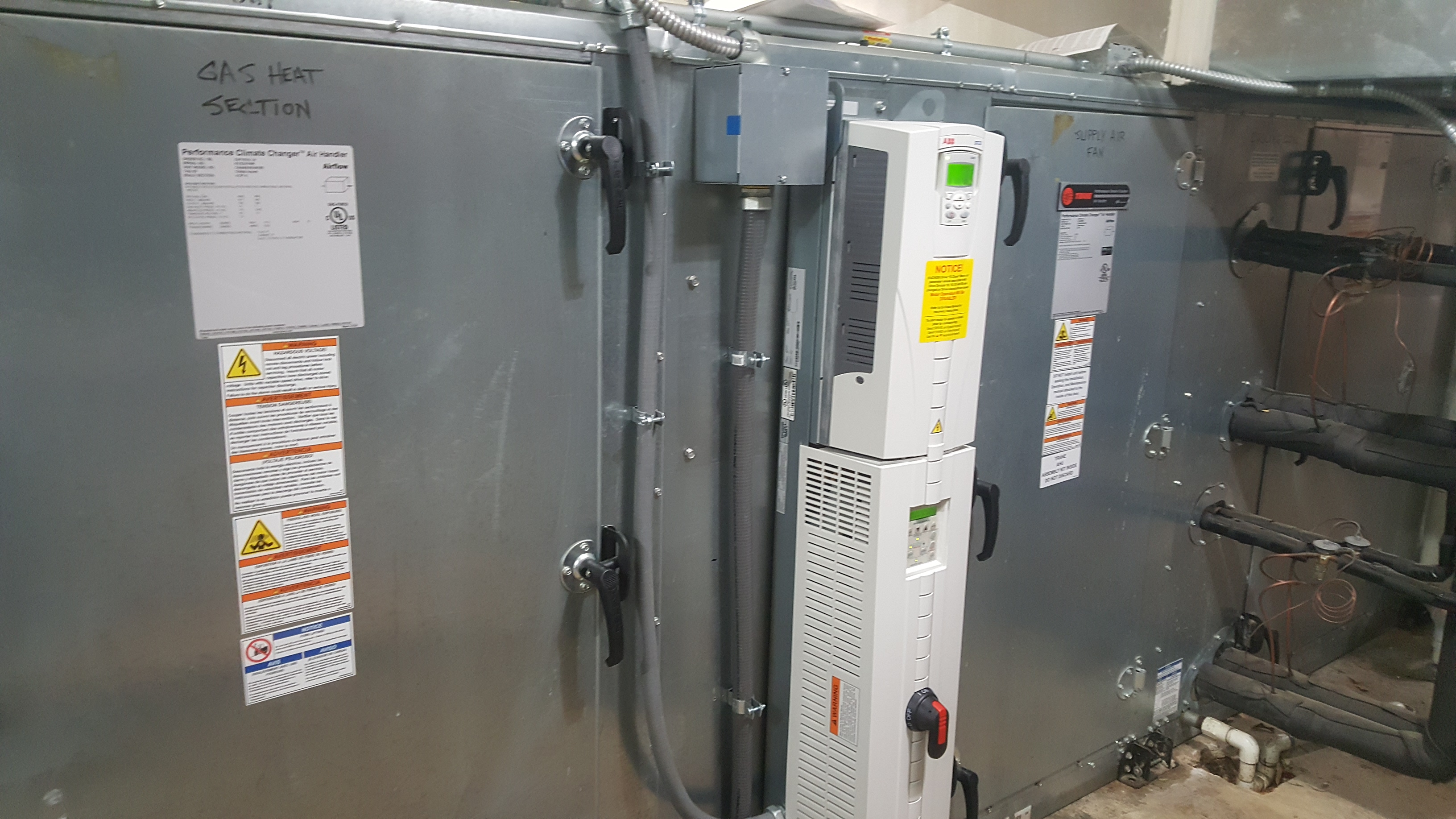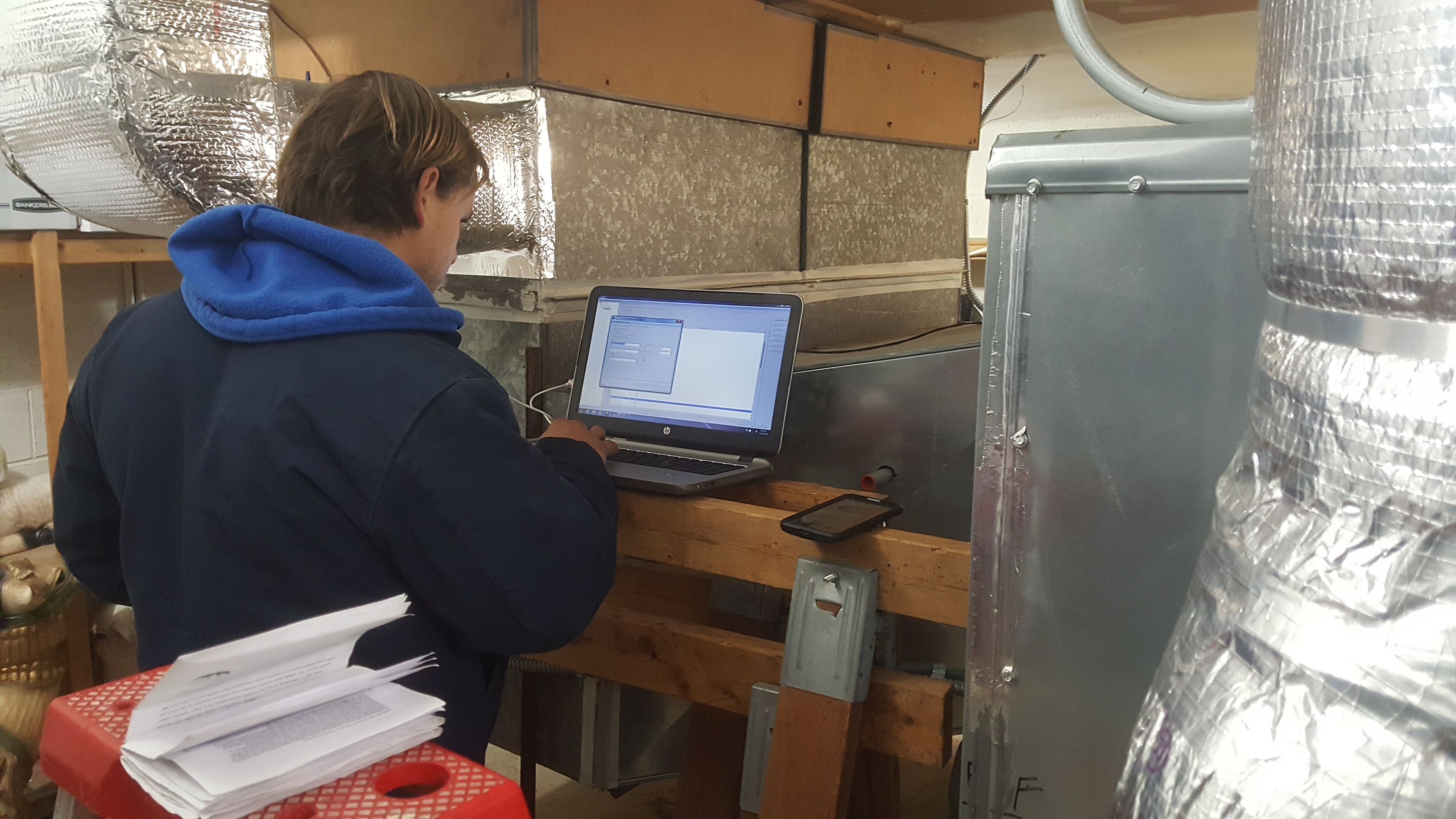When you get seasonal preventative maintenance done, the goal is to keep your system running smoothly and make sure you don’t get surprised by repairs. By performing essential maintenance now, you can prevent costly equipment problems and achieve significant energy savings in the long run. In this article, we’re covering one seemingly simple aspect of seasonal maintenance that’s critical for your system.
Why Coil Cleaning?
Preventive maintenance starts with cleaning the evaporator and condenser coils in your commercial HVAC system. Whether you have rooftop package units, refrigeration coils, or air handlers, removing dirt, dust, pollen, and grime is crucial.
Be Proactive for Long-Term Savings
Routine coil cleaning is a smart investment. It not only prevents major equipment issues but also helps you maintain a controlled budget and consistent air quality in your facility. If you need more convincing, here are six great reasons to to prioritize your coils:
1. Extend the Life of Your HVAC System
Keeping equipment costs down hinges on product longevity. Regular preventive maintenance, including coil cleaning, helps achieve this. Neglecting coils leads to dust and debris build-up, making your unit work harder and longer. This overexertion can result in overheated motors and premature breakdowns. Investing in regular coil cleaning can save money by avoiding unplanned repairs or new unit purchases.
2. Reduce Energy Costs with Better Efficiency
Dirty coils hinder your HVAC system’s efficiency. Accumulated grime reduces airflow, limits heat transfer, and hampers the dehumidification process, leading to higher energy costs. For instance, a 5-ton unit might only perform at a 3-ton level if coils are dirty. This inefficiency increases energy consumption and utility bills. The U.S. Department of Energy notes that “a dirty condenser coil can increase compressor energy consumption by 30%.” Clean coils ensure optimal efficiency and lower energy costs.
3. Improve Facility Conditions
Uncleaned HVAC systems can significantly impact your facility’s environment. If your system struggles to cool a room to the desired temperature, it’s likely not operating at peak performance. Additionally, dirty coils can harbor mold, bacteria, and other contaminants, affecting indoor air quality. Regular cleaning ensures a comfortable, healthy environment for everyone relying on the HVAC system.
4. Lessen System Downtime
Coil cleaning is essential to prevent costly repairs or replacements. System downtime disrupts productivity and can affect customer satisfaction. Ensuring clean coils minimizes the risk of breakdowns, keeping your business running smoothly.
5. Tackle Spring Debris
Spring is the best time for coil cleaning, especially with the influx of airborne pollen and plant debris like cottonwood. These contaminants can clog condensing coils, affecting heat transfer and cooling efficiency. Clean coils ensure your HVAC units perform optimally as temperatures rise.
6. Reduce Future Maintenance Needs
Ideally, commercial HVAC systems should be cleaned at least once a year, with many experts recommending spring and fall cleanings. High-quality cleaning reduces the need for frequent maintenance, making it easier on your budget.
Trimark Mechanical: Keeping You Comfortable and Happy
Every business relies on HVAC systems year-round, and routine maintenance like coil cleaning offers tremendous value. Choosing the right cleaning method is crucial:
- Low-pressure cleaning with safe, eco-friendly chemicals
- Full-pressure wash with hot water up to 200 degrees
Your choice depends on your system’s specifics. Partnering with a trusted maintenance provider, like Trimark Mechanical, ensures effective and tailored coil cleaning services. For more information, or to schedule a no cost site visit, contact us today.


